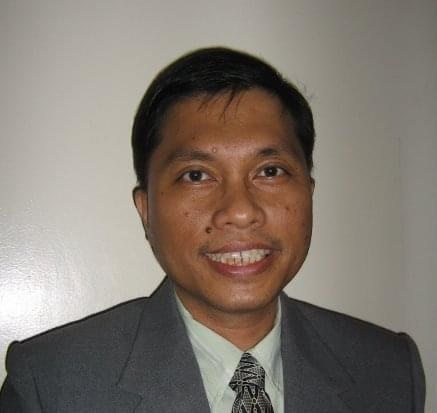OBLIQUE OBSERVATIONS
By Atty. Gilberto Lauengco, J.D.
Bare minimum Mondays, quiet quitting, pushback of the youth
Share
“If you do the bare minimum, expect bare minimum results. You want to be great, work to be great” – JJ Watt
A few days ago, I noticed a number of articles, both here and abroad, about a new trend among millennials and Generation Z called, “Bare Minimum Mondays”. According to some, the idea of “Bare Minimum Mondays” is to start off the workweek slowly by prioritizing self-care over work duties on Monday putting in only a minimal effort toward your job on that day each week.
In 2022, a survey was done on the mental health of millennials and Generation Z. The results showed a very high level of stress and anxiety among the two generations. The report stated that half of Gen Zers and 40 percent of millennials were “stressed out or anxious all or most of the time” which has translated to difficulties in adapting to the world of work. 46 percent of Gen Zers and 45 percent of millennials felt burned out because of the demands of their work.
One such stressed millennial named Marissa Jo Mayes went viral with her struggles at work and came up with a solution called Bare Minimum Monday. Since then, her concept of easing into the work week by doing the bare minimum or needed work has garnered many supporters among the youth who feel they are stressed from too much work.
Bare Minimum Mondays is the latest trending term associated with the younger generations’ “rebellion” on traditional work structure. Previously, terms like Sunday Scaries (the anxiety people feel Sunday night before the start of the work week) and quiet quitting (doing one’s job without going above and beyond) have been popular among the youth.
The idea of wanting to slow down and lessening workloads during a work week is not new. People have hated Mondays for centuries. Almost everyone has at one point or another thought of taking a “day off’ when things get stressful but for us Gen X or even Boomers, however, we call it slacking off. Slacking off or taking the day off has always been an accepted remedy for stress. Slacking off, however, for the older generations is done only occasionally and quietly. The younger generation, on the other hand, are more vocal about the stress they feel and their solutions or terms for such stress imply an institutionalized or regular remedy that will probably upend the traditional work place.
These new trends, among others, have emphasized a growing divide among the older generation and the aforesaid younger ones insofar as the work culture is concerned. Older generation bosses who learn about this bare minimum concept, quiet quitting and the statistics on youth stress see it as an affirmation of their low opinion on the lack of grit and improper work attitude of the younger generation. The younger generation, on the other hand, feel that they are always misunderstood by their elders. The younger ones have even coined a phrase whenever a debate between the generations occur – “OK boomer”. It is a phrase meant to cut off further debate and to show the younger ones’ exasperation.
The concept of slowing down and not stepping on the gas pedal on Mondays might have its merits. Unfortunately, in a generally conservative work environment where work is sparse, practicing Bare Minimum Mondays regularly might adversely affect an employee’s career or even get the said employee fired. For entrepreneurs, freelance artists, professionals, and managers the said practice might leave them vulnerable in a competitive environment. Traditional and extremely driven groups might take advantage of a competitor’s avowed policy of a regular bare minimum day. There was a reason why the Japanese in World War II attacked the US base in Pearl Harbor on a Sunday when most of the US forces were taking the day off.
In the end, the idea of slowing down when stress levels go up is essentially a good one. Making this a habit or applying it institutionally in the present environment, however, might be problematic. Perhaps a more balanced approach can be tried.
This is my oblique observation.
Editor’s note: The opinions expressed in the foregoing article are solely the author’s and do not reflect the opinions and beliefs of the Philippine News Agency (PNA) or any other office under the Presidential Communications Office.
Comments
About the Columnist

ATTY. GILBERTO LAUENGCO, J.D. is a lawyer, educator, political strategist, government consultant, Lego enthusiast, and the director of CAER Think Tank. He is a Former Vice Chairman of MECO, Special Assistant of NFA and City Administrator among others. His broad experience has molded his unique approach to issues analysis which he calls the oblique observation.
